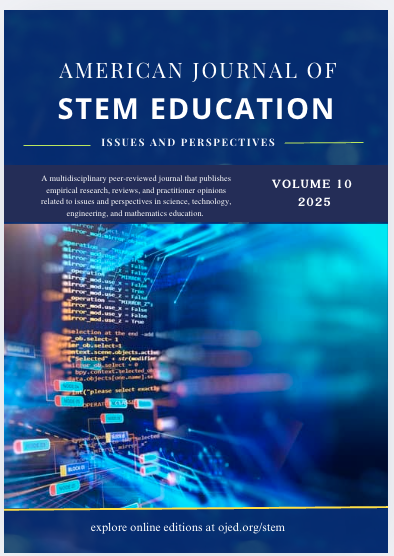Role of financial and non-financial incentives on employee’s performance
A study on the banking and insurance sectors of Nepal
DOI:
https://doi.org/10.32674/Keywords:
Employee performance, financial firm, financial incentives, Nepalese financial sectors, non-financial incentivesAbstract
This research aims to explore the impact of financial and non-financial incentives on the performance of employees working in the Nepalese banking and insurance sectors. A structured questionnaire was employed to collect the data for the study from 400 sample employees of these sectors by using a non-probability sampling method. The study found a positive correlation between financial incentives (bonuses and fringe benefits) and employee performance. By the value of Ordinal Logistic Regression, factors like age, experience, and job security did not indicate a significant impact on employee performance. In contrast to that, factors like age, experience, and job security did not indicate a significant impact on employee’s performance. The findings of the study also challenge the theoretical assumption that higher pay directly leads to improved performance, suggesting that high pay expectations might lead to performance pressure and reduced employee performance.
Downloads
Published
Issue
Section
License
Copyright (c) 2025 Interdisciplinary Journal of Innovation in Nepalese Academia

This work is licensed under a Creative Commons Attribution-NonCommercial-NoDerivatives 4.0 International License.
Upon publication articles are immediately and freely available to anyone, anywhere, at any time. All published articles are licensed under a Creative Commons Attribution-NonCommercial-NoDerivs 4.0 Unported License. All articles are permanently available online. The final version of articles may be posted to an institutional repository or to the author's own website as long as the article includes a link back to the original article posted on OJED.






